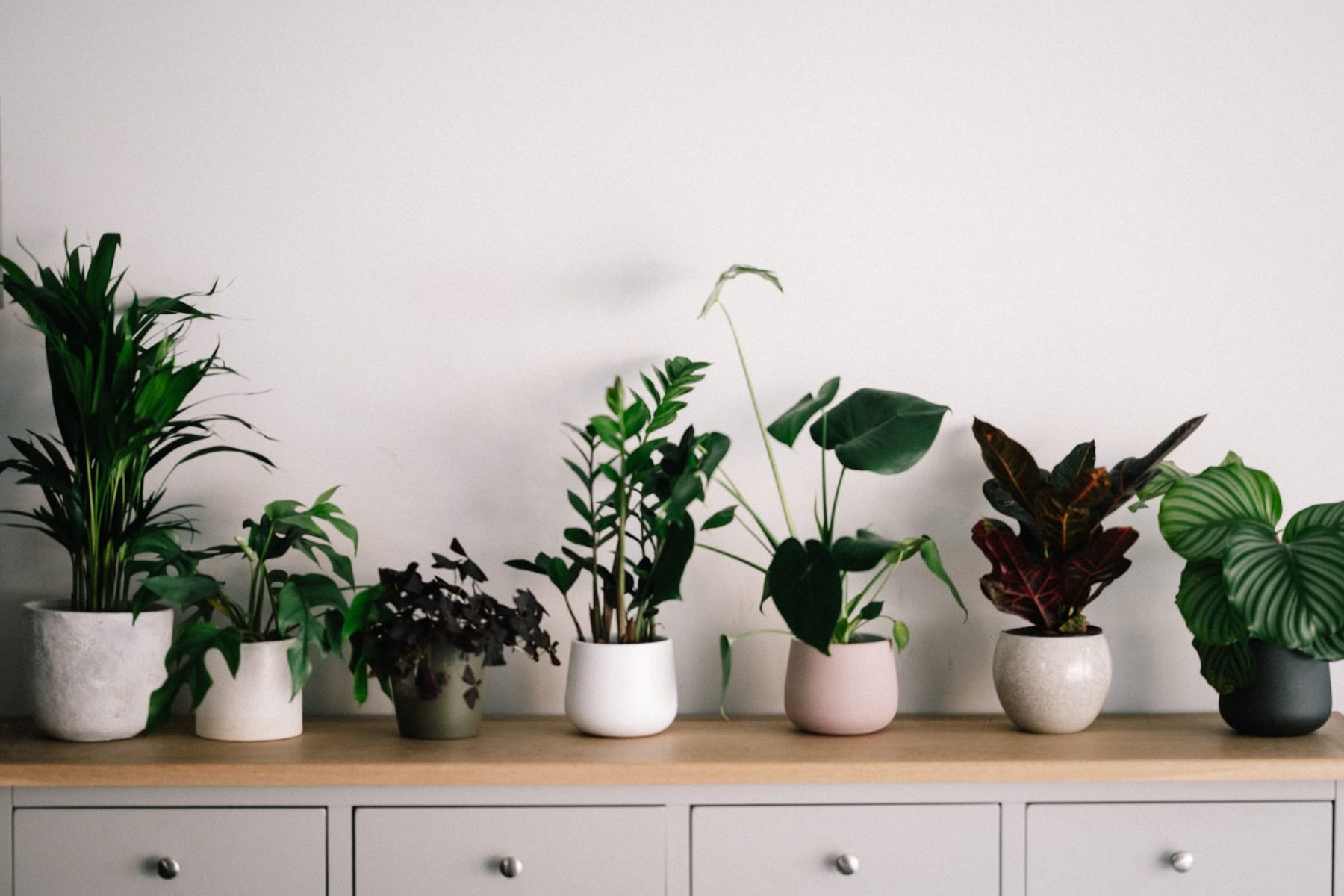6 Ways Plants Enhance Your Mood and Emotional Health

House plants create an inviting home and office space, fitting into any decor, from contemporary to rustic farmhouse. However, these living arrangements not only merely add aesthetic appeal but also benefit your physical and mental well-being. Here are six ways plants enhance your mood and emotional health.
1. Reduce stress levels
Does the hectic pace of your life leave you feeling edgy all the time? While you may think you thrive on pressure, too much can kill you. Stress causes your body to release a flood of hormones such as adrenaline and cortisol. When these get released too often, they lose their effect.
However, these substances still go to work, creating physiological changes in your body. One unpleasant side effect is increased pressure on your heart. Cardiovascular disease remains the number one killer of men and women worldwide.
It isn’t necessarily how much stress you experience, but how you manage it. One coping mechanism is creating a nurturing, supportive environment both at home and in the office.
Call houseplants to the rescue. Various studies indicate that people who have a plant adorning their family room or cubicle find it soothing and relaxing. They promote comfortability, helping you behave naturally, not anxiously or stiffly.
2. Boost immunity
In today’s COVID-19 era, a cough can label you as someone others should avoid. However, the dreaded novel coronavirus isn’t the only culprit behind scratchy throats and congested lungs, especially during allergy and flu season. The bottom line? You need every tool in your arsenal to bust germs.
Researchers investigated people who spent time overnight in wooded areas, participating in the Japanese practice of forest bathing. They found that these people had more vital immune system cells and behaved with greater vigor — but why?
The magic lies in phytoncides, chemicals that all plants emit for defense. When people inhale them, it kicks their immune system into high gear. That succulent arrangement on your desk could help you navigate this sneezy part of the year.
3. Improve indoor air quality
Plants can do even more than boost immune function when helping you breathe more comfortably. They can also clean your indoor air of toxins, keeping allergens from irritating airways where they can cause congestion.
In the 1980s, NASA wanted to discover a way to support life on other planets. In researching plants’ ability to release oxygen, scientists found they also keep toxins such as formaldehyde from impacting your indoor air quality. This feature makes house plants particularly effective in office environments where you don’t know what kind of volatile organic compounds lurk in your furnishings.
4. Bring the outdoors in
You know you feel better after a vacation, often because you may spend more time outside. Research indicates even gazing at pictures of natural scenes serves as a mood enhancer. Immersing yourself in the outdoors is even better.
If all you have to look at are three gray cubicle walls at work, try adding a golden pothos or three to your shelves and corners. Take a break from your screen to marvel at the non-linear greenness.
5. Make for marvelous healing teas
Women who drink herbal tea tend to live longer than those who do not. The secret lies in the antioxidants you find in the leaves. Various species contain substances that can also affect moods.
You can even select varieties that Mother Nature designed to boost your mood. Teas such as lemon balm, pasqueflower, lavender and chamomile can help ease stressful moods and return a smile to your face.
6. Provide necessary nutrients
Plants also heal and nourish you by providing vital phytonutrients and essential nutrients. That windowsill herb garden can do more than spice up your spaghetti!
Grow herbs such as basil, oregano, chives and more anywhere you can find a small, sunny patch. You don’t need space for an outdoor garden. You’ll get rave reviews on your cooking while knowing you’re improving your family’s health with fresh greens.
About the Author

Mia is a health and wellness writer and the Editor In Chief at Body+Mind. She specifically enjoys writing about women’s fitness, as well as mental health-related topics. When she’s not writing, Mia can usually be found reading poetry, taking a dance or cardio class, or hiking.






